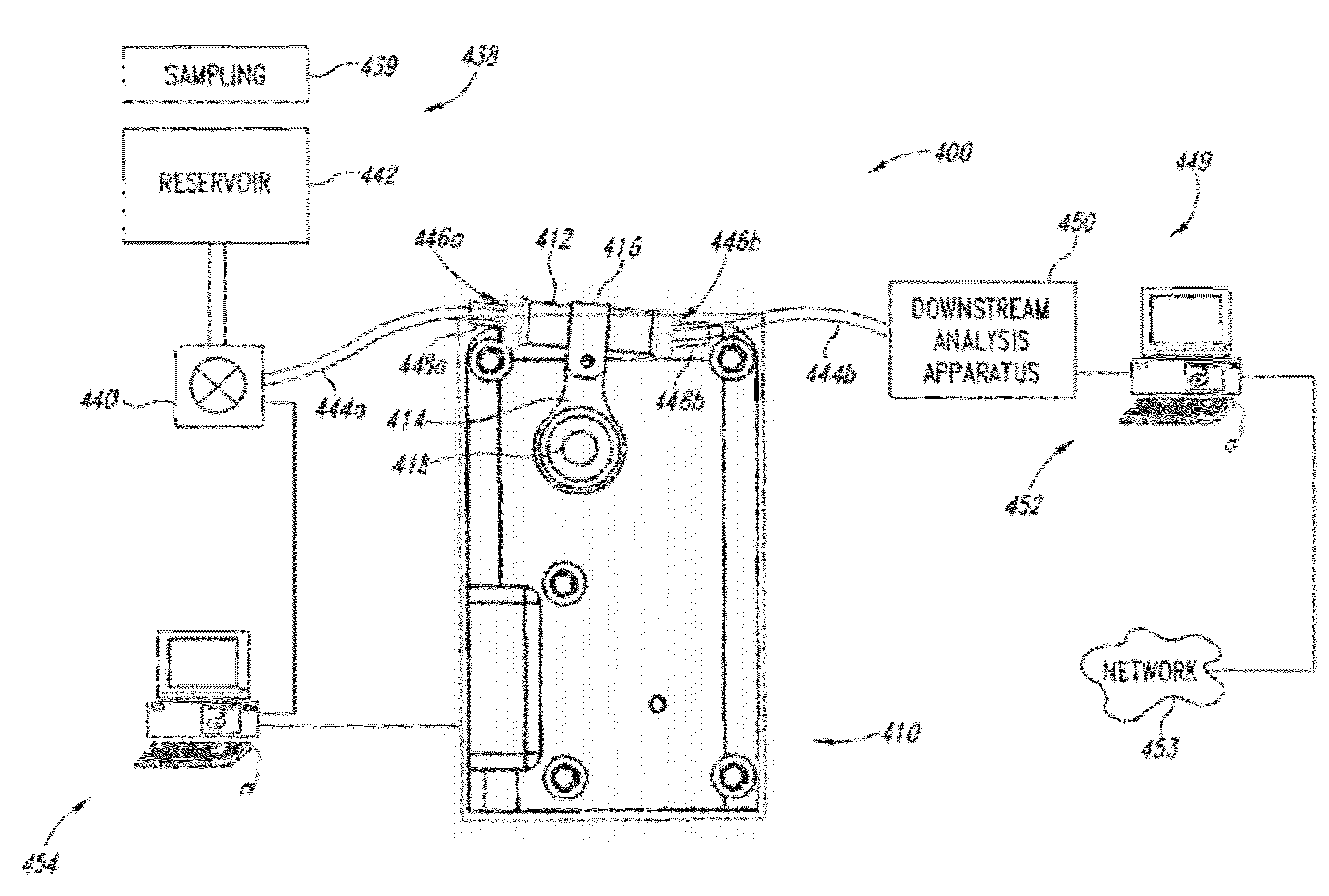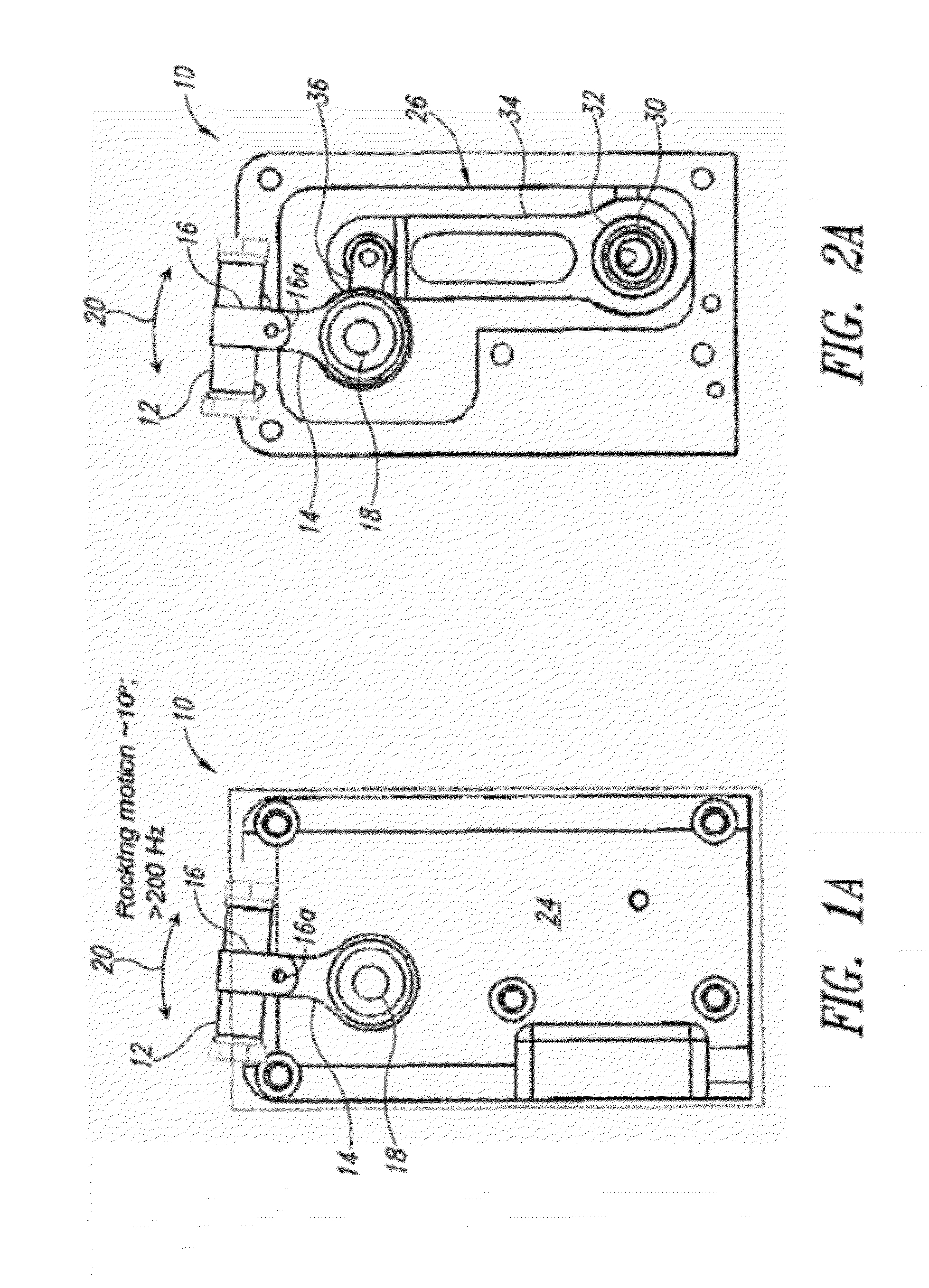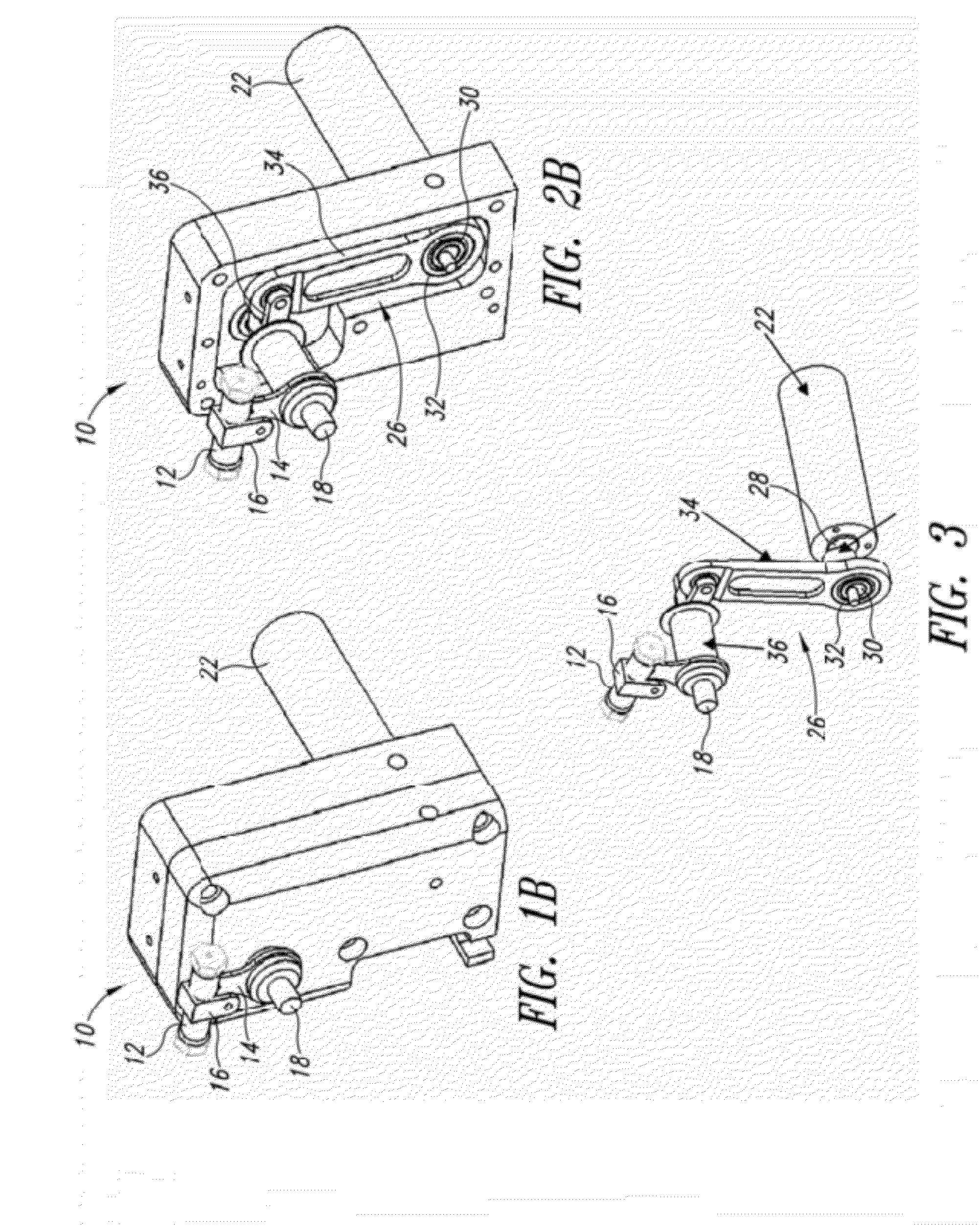Compositions and methods for capture and elution of biological materials via particulates
a technology of biological materials and particulates, applied in the field of extraction, capture and elution of biological materials, can solve the problems of inability to achieve as high a lysis efficiency, inability to achieve practical chemical approaches, and inability to achieve high lysis efficiency, so as to reduce the amount of time, increase throughput, and efficiently obtain biological materials
- Summary
- Abstract
- Description
- Claims
- Application Information
AI Technical Summary
Benefits of technology
Problems solved by technology
Method used
Image
Examples
Embodiment Construction
[0120]In the following description, certain specific details are set forth in order to provide a thorough understanding of various disclosed embodiments. However, one skilled in the relevant art will recognize that embodiments may be practiced without one or more of these specific details, or with other methods, components, materials, etc. In other instances, well-known structures associated with micromotors, controllers including motor controllers, and control systems such as programmed general purpose computing systems and the like have not been shown or described in detail to avoid unnecessarily obscuring descriptions of the embodiments. In other instances, methods commonly known for use with and manipulation of nucleic acids, proteins, polypeptides, and other biological materials have not been described as they would be readily available to those of ordinary skill in the art of such materials. Such common methods include, for example, PCR and heat denaturation of DNA.
[0121]Unles...
PUM
| Property | Measurement | Unit |
|---|---|---|
| Pore size | aaaaa | aaaaa |
| Pore size | aaaaa | aaaaa |
| Diameter | aaaaa | aaaaa |
Abstract
Description
Claims
Application Information
 Login to View More
Login to View More - R&D
- Intellectual Property
- Life Sciences
- Materials
- Tech Scout
- Unparalleled Data Quality
- Higher Quality Content
- 60% Fewer Hallucinations
Browse by: Latest US Patents, China's latest patents, Technical Efficacy Thesaurus, Application Domain, Technology Topic, Popular Technical Reports.
© 2025 PatSnap. All rights reserved.Legal|Privacy policy|Modern Slavery Act Transparency Statement|Sitemap|About US| Contact US: help@patsnap.com



